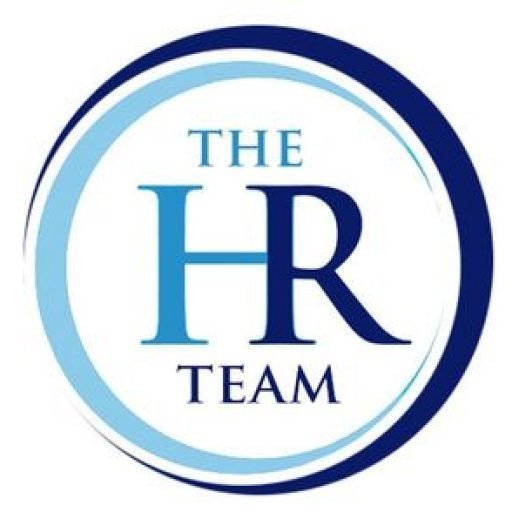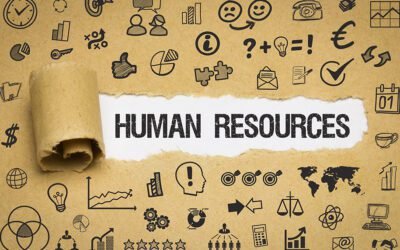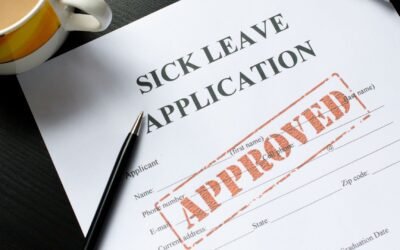All organisations collect data relating to their employees – their HR records, including information on pay, sickness absence, or hours worked.
HR records can be stored in hardcopy or electronically but it’s important to keep the information in a well-organised system so that it can be easily retrieved, and to comply with relevant legislation.
Employees can request a copy of their Personnel File and other data held about them at any time, so it is wise to store records carefully and only keep data that is relevant and for no longer than is necessary. For example….
- Application and Recruitment Records: 6-12 months.
- All Personnel Files and Training Records:6 years from the end of employment.
- Sickness Absence Records:A minimum of 3 months but potentially up to 6 years after employment ends.
- Accident Records:Minimum of 3 years since the last entry, or if it involves a child until they reach 21.
- Parental Leave:5 years from birth or adoption, or 18 years if the child receives a disability allowance.
- Maternity and Paternity:Minimum of 3 years from the end of the tax year in which the leave ends.
- Income Tax and NI: Minimum of 3 years from the end of the financial year to which they relate.
- Salary and Pay:Minimum of 6 years.
- Working Time:Such as hours worked, over time etc. 2 years.
- Pension Benefits: 12 years from the ending of any benefit payable.
- Redundancy Records: 6 years.
If you require further advice and would like support with an HR audit to ensure you are storing your HR data correctly,





